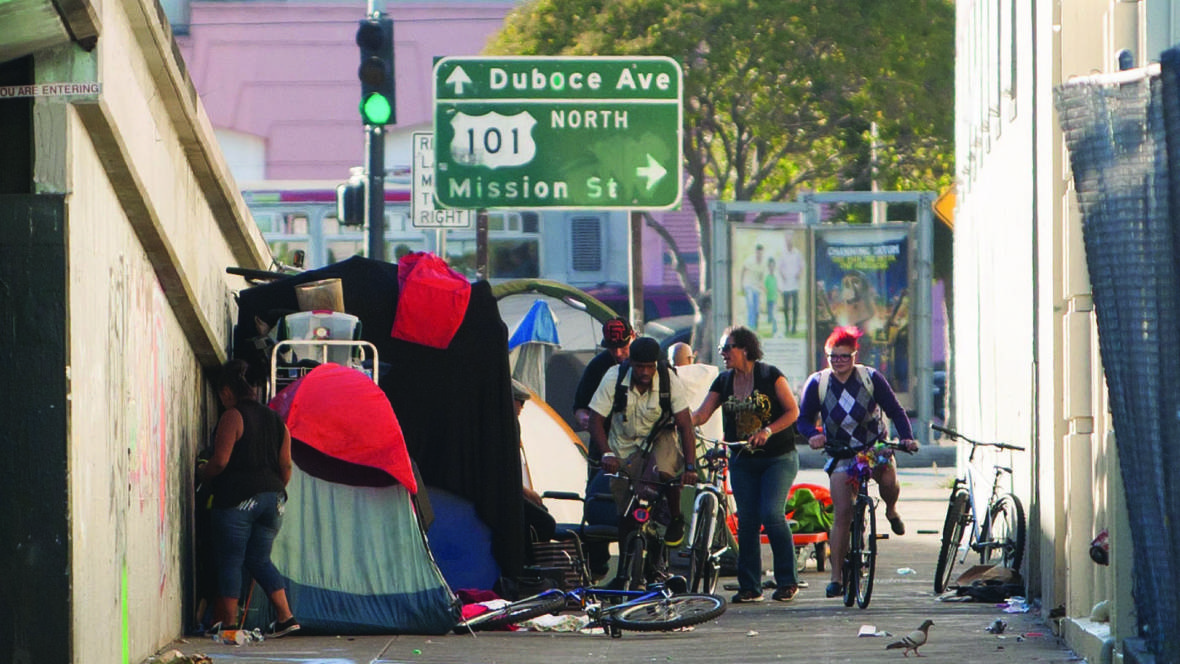AJX
Active Member
I want to start some discussion about this subject. Curious about people's thoughts on Calgary's homeless population?
I had a couple of incidents in the last few days that got me thinking about it. First off, I was at 7-eleven and saw a guy out front panhandling. I thought he looked familiar but couldn't remember from where. After I left I remember it was a brother of an old friend. A few Facebook messages later and I find out he's not homeless, but instead lives in his parents basement, and only panhandles when he needs a few bucks!
Secondly I heard that in Kelowna they now have a bylaw where you can be fined if you give money to a panhandler. I'm on the fence about that one.
I had a couple of incidents in the last few days that got me thinking about it. First off, I was at 7-eleven and saw a guy out front panhandling. I thought he looked familiar but couldn't remember from where. After I left I remember it was a brother of an old friend. A few Facebook messages later and I find out he's not homeless, but instead lives in his parents basement, and only panhandles when he needs a few bucks!
Secondly I heard that in Kelowna they now have a bylaw where you can be fined if you give money to a panhandler. I'm on the fence about that one.





